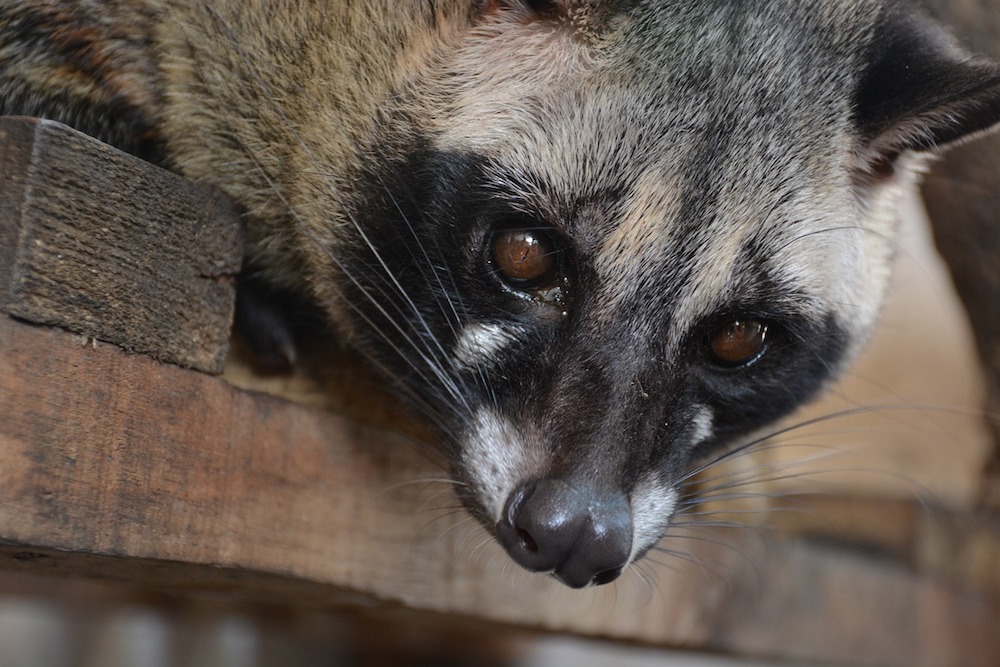
Written by Marjo Serrano
Beach lovers from around the world consider Bali as the perfect tropical getaway. This vibrant island in Indonesia boasts of stunning scenery, idyllic sunsets, delectable food, and the ultimate ‘bling’ coffee made from civet poop—yes, you read that right!
While the first three definitely make one fall in love with Bali, civet coffee is a subject of much controversy nowadays, especially among animal rights groups. Locally known as kopi luwak, this rather unusual brew is made from coffee beans excreted by wild Asian palm civets. It is said there’s something in the civets’ digestive enzymes that gives the coffee a luxuriously smooth after-taste. Because of its rarity and hype, kopi luwak is widely considered as the most expensive coffee in the world, selling for as high as US$100 a cup.
A bit of history
Kopi luwak started out as a symbol of Indonesian ingenuity under Dutch colonial rule. In the 17th century, local farmers working in Dutch plantations were forbidden from harvesting coffee beans for personal use, leaving them to scrounge away from the plantation sites for beans to brew.
They soon noticed wild coffee-eating civets passing the beans undigested and began brewing their own version of coffee from the animals’ droppings. Plantation owners eventually got word of the locals’ fresh new brew, sampled it, and were convinced it tasted better than the regular coffee at the time.
Civets behind the scenes

Wild, free-range civets produce 500kg of kopi luwak per year—a supply so scarce, it justifies the huge price tag. To meet the increasing global demand, coffee producers undertake extreme measures, including wide-scale poaching of these shy, harmless mammals. In Bali alone, tens of thousands of wild civets are held captive in small cages and forced to eat nothing but coffee beans to maximize produce. It’s worth noting that in the wild, coffee makes up only 10% of a civet’s diet which primarily consists of fruits.
A 2013 investigation by People for the Ethical Treatment of Animals (PETA) revealed the distressed behavior of captive civets from being deprived of exercise, proper nutrition and space to roam. Most of them exhibit signs of zoochosis—a neurotic condition in which they repeatedly whirl around in circles, pace their cages and self-mutilate in a frantic display of boredom and frustration. Civets are usually caged for three years before being released back into the wild, wherein some fail to reintegrate and, very sadly, die.
Kopi luwak is undoubtedly a huge business, and a massive coffee tourism industry revolves around it. However, before ticking “drink the most expensive coffee in the world” off your bucket list, think of the helpless civets that risk their lives to produce that perfect little cuppa, and make a choice that will leave them, you and your wallet feeling better.


